IMSML Website Article 29/2024: Resolution MEPC.363(79) - Amendments to Resolution MEPC.221(63)
Resolution MEPC.363(79) amends Part 1 of Regulation 17 of Resolution MEPC.221(63) on the 2012 Guidelines for Development of a Regional Receptions Facilities Plan. Therefore MEPC.363(79) provides new and improved provisions for the 'Development of a Regional Reception Facilities Plan (RRFP)'. It is applicable in Malaysia via Malaysian Shipping Notice (MSN 08/2023), Appendix I. Note that this Appendix I contains 10 separate and distinct resolutions of the Marine Environment Protection Committee made at it 79th Session in 2023 (MEPC 79).
The crucial part of Resolution MEPC.363(79) is its Annex which is titled:
'Amendments to the 2012 Guidelines for the Development of a Regional Reception Facilities Plan (Resolution MEPC.221(63) )'.
The amendments concern Part 1, which contains new Paragraphs 4 and 5, replacing the previous provisions that dealt with the 'Development of a Regional Reception Facilities Plan (RRFP)'.
The New Paragraph 4 - Identification of the Region to be Covered by a RRFP
[1] A region identified for the purposes of of RRFP should include participating State and ports that will be covered by the plan. These details should be clearly demarcated on a map.
[2] The majority of Participating States should either be:
[a] Small island developing States (SIDS); OR
[b] States the coastlines of which borders on Arctic waters. Note there is a proviso here, ie the regional arrangements shall cover only ports that are located with Arctic waters of those States.
[3] Although the door has been left open for non-SIDS and States with ports 'adjacent' to Arctic waters to participate, these States can only participate only so far as their ports may be 'Regional Waster Reception Centres'. These obligations cannot be satisfied by regional arrangements (RAs).
The New Paragraph 5 - Identification of the Nature of the Unique Circumstances that Impact on the Ability to Provide Adequate Port Reception Facilities
[1] Designing regional arrangements (RAs) should be based on clear understanding of unique circumstances, and a logical approach. The idea is that RAs must efficiently address those particular circumstances
[2] It is important to take into account the practical difficulties of the State to manage its own domestic waste, and the disproportionate additional burden from ships on the domestic waste stream.
[3] Distances between ports and suitable waste processing facilities may result in unacceptable costs for transport which may increase the risk inappropriate treatment.
[4] The geographical size of a State may limit the space available to process or dispose of ship generated wastes and cargo residues. For example geomorphology such as high water table, unstable land areas in low-lying islands, or melting permafrost and coastal erosion in Arctic States.
[5] There are ports in the Arctic which close during the winter, or these ports may be subject to substantial operational limitations due to ice conditions. These ports are subject to challenges in establishing and managing PRFs in such areas.
[6] A small population will restrict the ability to have sufficient staff to receive and process ship generated wastes and cargo residues at times that are convenient to ships. Note that such unique circumstances should be fully described in the RRFP.
Thank you for reading IMSML Website Article 29/2024
Stay tuned for the next IMSML Website Article 30/2024: Resolution MEPC.364(79) - Adoption of 2022 Guidelines on the Method of Calculation of the Attained Energy Energy Efficinecy Design Index (EEDI) for New Ships
Signing-off for today,
Dr Irwin Ooi Ui Joo, LL.B(Hons.)(Glamorgan); LL.M (Cardiff); Ph.D (Cardiff); CMILT
Professor of Maritime and Transport Law
Head of the Centre for Advocacy and Dispute Resolution
Faculty of Law
Universiti Teknologi MARA Shah Alam
Selangor, Malaysia
Tuesday, 21 May 2024
Note that I am the corresponding author for the IMSML Website Articles. My official email address is: uijoo310@uitm.edu.my
